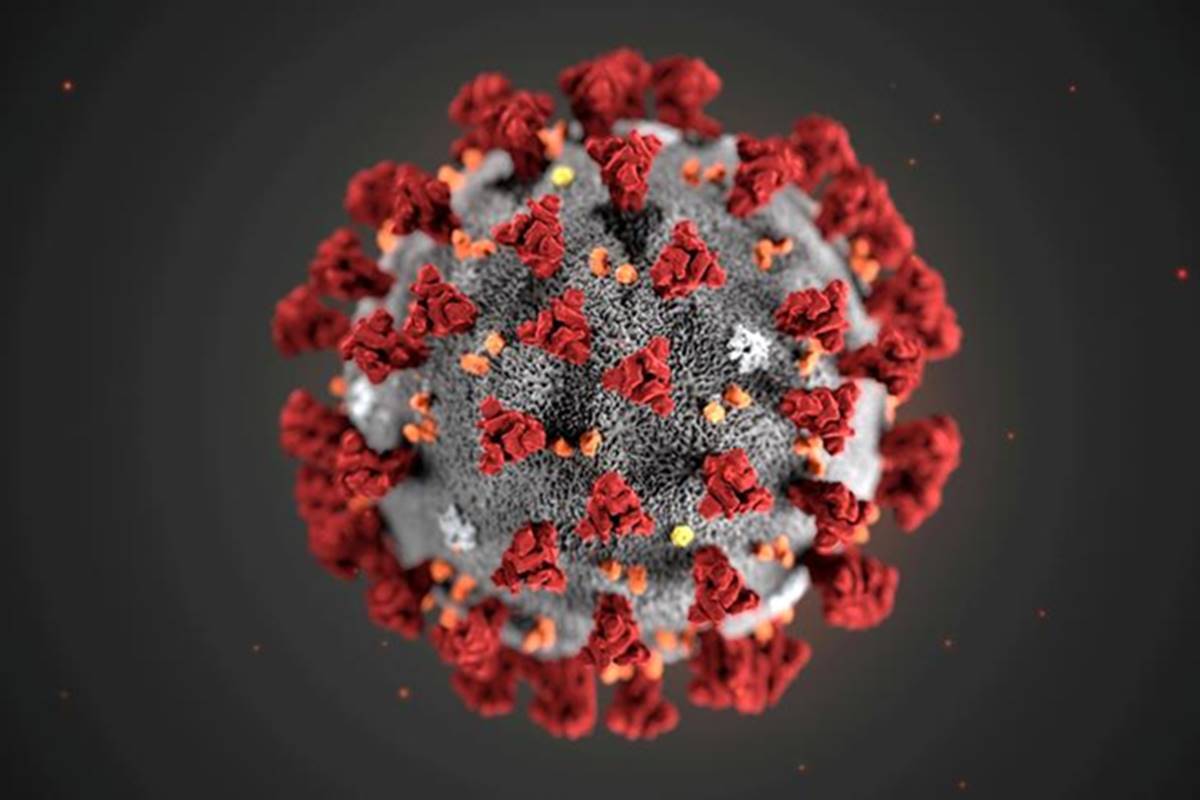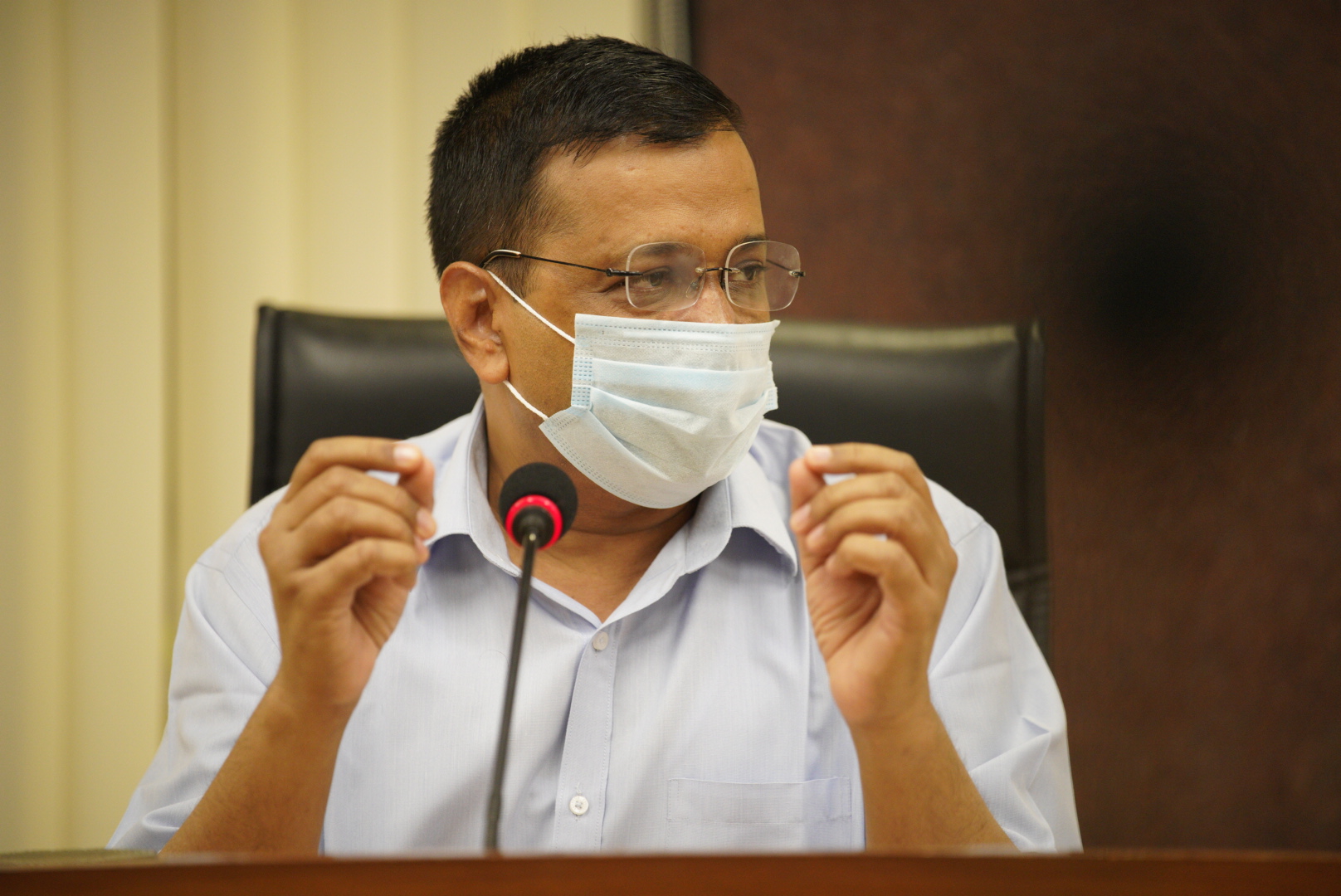According to a study conducted by the Banaras Hindu University the Centre for Cellular and Molecular Biology (CCMB), there are at least seven major variants of coronavirus spreading in Varanasi and its adjoining areas, including B.1.617 and B.1.351 (Beta). The CCMB, an institute of the Council for Scientific and Industrial Research (CSIR), said 130 samples were sequenced in this study.
“The team at CCMB sequenced these samples and found out that there were at least seven major variants circulating in the region,” it said. Mostly in the month of April, the Multidisciplinary Research Unit of the BHU collected the samples from Varanasi and areas around the city.
Professor Royana Singh, who heads the Multidisciplinary Research Unit said, “Among the Variants of Concern (VoC), the most predominant variant we found in our study was B.1.617. This variant was also reported to be one of the major drivers of the second Covid-19 wave in India.”
The B.1.617 variant of the coronavirus was first detected in India, and it also had a sub lineage, the B.1.617.2.
“Just as in most of India, the B.1.617.2 variant (aka Delta variant) was the most common one in the samples we studied. They were found among 36 per cent of the total samples. Other VoCs such as the B.1.351, detected in South Africa for the first time, was also found in this area,” said Rakesh Mishra, adviser at CCMB.
“This study confirms yet again that the Delta variant is the most widespread coronavirus variant in the country right now. But at the same time, it is imperative for us to keep an eye on the other emerging variants in the country to prevent another unprecedented surge of cases,” he added.











